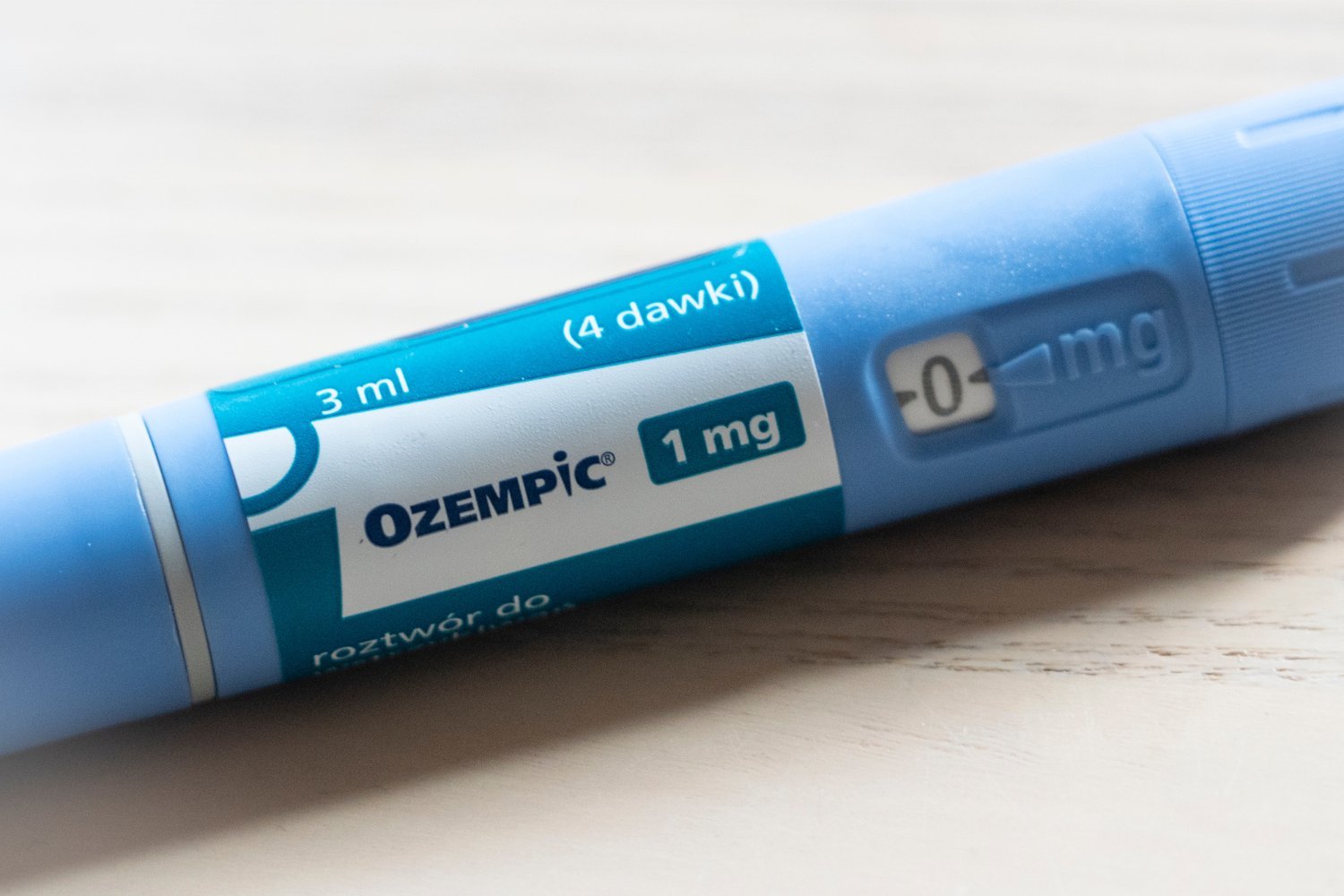The hype surrounding Ozempic and similar GLP-1 medications for weight loss has sparked concerns about potential serious or long-term side effects, including the possibility of certain types of thyroid cancer.
The risk is significant enough that the Food and Drug Administration has required GLP-1 medications to carry warnings advising individuals with a higher risk, such as those with a family history of certain cancers, to avoid using them.
Since the first GLP-1 medication was introduced 20 years ago for type 2 diabetes, numerous studies have examined the potential link between these medications and thyroid cancer, including a study published in JAMA Otolaryngology–Head & Neck Surgery last January.
Overall, this research found no significant increased risk of thyroid cancer associated with GLP-1 use compared to other diabetes medications, but the findings also provide an important clue as to why some studies may have found a link.
Gizmodo spoke to study author Rozalina McCoy, an endocrinologist at the University of Maryland, to discuss the origins of the potential link between GLP-1s and thyroid cancer, her team’s findings, and the trade-offs involved in starting any new medication.
Gizmodo: What sparked concerns about the possible risk of thyroid cancer from using GLP-1s among doctors and agencies like the FDA?
Rozalina McCoy: As these medications were being developed, they were tested in animal models, typically rodents, which raised concerns about C cell tumors, a rare type of thyroid cancer.
This led to a FDA warning that these medications should not be used in individuals with a personal or family history of such tumors, like medullary thyroid cancer.
Since then, scientists have been studying whether this risk applies to humans, but clinical trials have not shown a significant increase in thyroid cancer risk due to the low risk of patients enrolled and the short duration of the trials.
Research using real-world data aims to complement clinical trial data to detect rare events, such as the potential link between GLP-1s and thyroid cancer.
Gizmodo: How does your research differ from previous attempts to investigate this potential link?
McCoy: Our study uses the largest dataset possible, including insurance information for people with private insurance, Medicare Advantage, and traditional Medicare, allowing us to include nearly 400,000 patients, with about 41,000 treated with GLP-1s.
We looked at the rates of thyroid cancer diagnosis from the start of treatment and onward, focusing on the first year, then year two, and beyond, to address limitations of previous studies.
Gizmodo: Why is the timing of thyroid cancer diagnosis important in this context?
McCoy: Thyroid cancer typically takes a long time to develop, so it’s unlikely that a GLP-1-related cancer would emerge within just six months to a year of taking these medications.
Gizmodo: What were the major takeaways from your study?
McCoy: We found no increase in the overall risk of cancer, but an increase in risk during the first year of treatment, which led us to investigate further.
We discovered that patients starting GLP-1s have a higher rate of thyroid ultrasounds, which can lead to overdiagnosis of thyroid cancer, detecting lesions or nodules that may not be harmful.
This suggests that GLP-1s lead to more diagnoses of thyroid cancer due to increased detection, not an actual increase in cancer cases.
Gizmodo: What could be driving the increased detection of thyroid cancer in GLP-1 patients?
McCoy: It’s likely a combination of factors, including patient anxiety, clinician vigilance, and the fact that weight loss from GLP-1s can make nodules more detectable.
Gizmodo: Where does the calculation of risks and benefits for GLP-1s stand currently?
McCoy: The benefits of GLP-1s, such as reduced heart attacks, strokes, and kidney disease, outweigh the risks for many patients, but it’s a trade-off that depends on individual circumstances.
Patients should discuss the balance of benefits and risks with their clinicians, considering factors like gastrointestinal side effects, potential for weight loss, and overall health.
For patients who may benefit from GLP-1s, such as those with heart disease, kidney disease, or obesity complications, the benefits often outweigh the potential risks, but individual decisions are necessary.
Source Link





